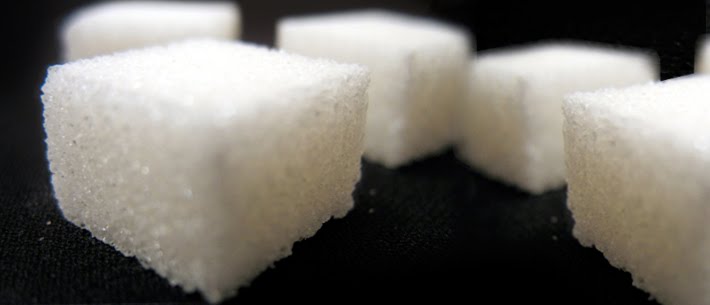Gut bacteria “signatures” predict how the body will respond to poor food choices, predicting risk for diabetes, heart disease
11/25/2018 / By Russel Davis

An animal study published in the journal Cell Reports has revealed that examining the chemical signatures present in gut bacteria and passed on to the urine may hold clues on how the body reacts to poor food choices. The scientific community has long established that various species of bacteria and other gut microbes work with the body’s own cells to carry out certain functions, and that these microorganisms are affected by various factors such as drug intake. However, the latest study is the first to demonstrate how these bacteria respond to a high-fat diet.
“We tend to believe that obesity is caused by bad genes or by bad genes interacting with bad environment. Our findings indicate that an organism’s gut microbiome can drive the adaptation to dietary challenges in the absence of genetic variation. They underline the need for deeper physiological and molecular phenotyping of individuals in large scale genetic studies,” senior investigator Dr. Dominique Gauguier states in a press release.
Researchers at the Imperial College London and INSERM UMRS 1138 in Paris examined urine samples from genetically similar mice. The animals’ urine samples were screened for compounds produced by their gut bacteria before they undergo dietary changes. This provides an overview of the chemical signatures produced by metabolites from the animals’ own microbiomes. According to lead researcher Dr Marc-Emmanuel Dumas, using mice models with the same genetic makeup would enable the researchers to zero in on the changes that will occur following their dietary switch.
Results demonstrate that key chemicals indicate certain body changes
The research team observed stark changes in the animals’ chemical signatures after their dietary shift. The experts noted that some of the mice gained more weight, while others became less tolerant to glucose. According to the researchers, the chemical trimethylamine-N-oxide (TMAO) appeared to be a specific indicator of glucose tolerance. The researchers added that certain chemical signatures in the urine samples were also indicative of behavioral changes in the animals. (Related: A high-fat diet encourages the growth of fungi in the gut, which makes for an unhealthy microbiota and contributes to obesity, study finds.)
“This study is another fascinating example of the power of the microbiome to influence the host with respect to major health risks. It shows that value of a diet is determined not only by your genes, but also the genes of your gut microbes. This means that small differences in the local environment can result in a great diversity in terms of the microbiome,” co-senior author Jeremy K. Nicholson, a professor and head of the Department of Surgery and Cancer at Imperial, adds in a Medical News Today report.
The researchers believe that if the findings prove true for humans, health care providers may be able to prescribe personalized diets that would best work for patients depending on their gut microbiome. The results may also provide an opportunity to harness beneficial bacteria that may effectively improve the body’s overall health, the researchers added.
Sources include:
Tagged Under: bacteria, diabetes, disease prevention, food science, guts, heart disease, high-fat diet, intestinal bacteria, obesity, prevention



















